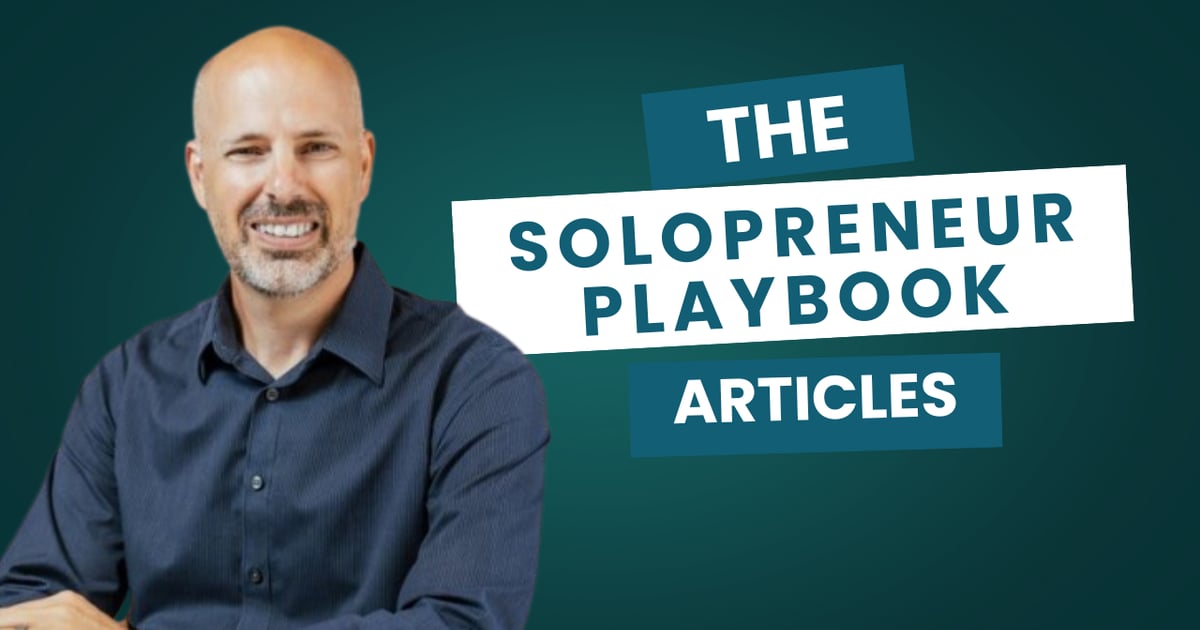- Happy Accidents
- Posts
- The “C” Grade That Created a $90 Billion Business
The “C” Grade That Created a $90 Billion Business
Fred Smith’s FedEx origin story is packed with lessons in risk, resilience, and betting on yourself

Ever have an idea you believed in… but others just didn’t get?
Fred Smith knows the feeling.


Back in 1965, he was a Yale student with an idea most people thought was completely unrealistic. For an economics class, he submitted a paper outlining a radical concept:
A hub-and-spoke system for overnight delivery using dedicated aircraft.
It was bold.
It was unconventional.
And according to the legend, his professor gave it a “C.”
Now, Fred has since admitted that he doesn’t actually remember what grade he got, but he joked that it was probably his “usual C.”
What’s more important? That paper became the foundation for FedEx.
An empire built on an idea the world wasn’t ready for… yet.
From Combat Zones to Cargo Hubs
After graduating, Fred served as a Marine in Vietnam, where he learned just how important timing and logistics could be. Supplies arriving late? Missions failed. Lives were at risk.
That experience sharpened his vision.
When he returned, he took a leap that most 26-year-olds wouldn’t dare attempt.
He invested $4 million of his own inheritance, raised $90 million more, and launched Federal Express in 1971.
Headquartered in Little Rock, Arkansas, it started small, just 14 planes connecting 25 U.S. cities.
The first night?
186 packages delivered.
Not exactly world domination… but it was a start.
The Vegas Gamble That Kept the Dream Alive
But by the mid-’70s, FedEx was in serious trouble.
Fuel bills were piling up. Payroll was overdue. Banks were saying no.
With only $5,000 left in the bank, Fred did something no business school would recommend:
He hopped a plane to Las Vegas.
And at the blackjack table, he won $27,000. Just enough to cover fuel and keep FedEx alive for one more week.
Fred downplayed the story later, calling it “not decisive.”
But ask anyone at FedEx at the time, it was a lifeline.
A moment of sheer belief and desperation that gave them time to fight another day.
From Struggling Startup to Global Force
FedEx became profitable in 1976.
By 1983, it hit $1 billion in revenue, faster than any U.S. company at the time.
Smith’s hub-and-spoke idea became the industry standard.
FedEx pioneered package tracking, revolutionized global shipping, and now employs over 500,000 people.
Not bad for a kid whose big idea almost got tossed in a Yale recycling bin.
What Can Solopreneurs Learn from Fred’s Story?
Your big idea might not impress everyone at first
That doesn’t mean it’s not worth pursuing.
Even if the world isn’t ready for it, you might be.
Experience matters more than theory
Smith’s time in the military gave his paper a real-world edge.
Don’t discount what you’ve lived, it might be your biggest advantage.
Confidence keeps you in the game
The Vegas trip didn’t make FedEx succeed.
But it did buy them more time and kept the belief alive when everything else was falling apart.
One bold model can reshape an entire industry
The hub-and-spoke system wasn’t just a logistics tweak. It became the backbone of global commerce.

Struggling with confidence in your business?
Check out my latest free article in the Solopreneur Playbook series below

SERENDIPITY IN 60 SECONDS
And how about THIS for an incredible story of serendipity…


Dennis Geelen
Whenever you’re ready, here are 3 ways I can help you:
1. The Solopreneur Playbook This 90 minute video course brings you a 6 step playbook (and workbook) for finding your niche, packaging and selling your offer, and building your audience.
2. The Author's Playbook Establish yourself as the credible expert by publishing a great book. This 90 minute course teaches you everything I've learned about writing, publishing, and marketing best-selling books.
3. The 60 Day Luck Surface Area Journal is designed to help you cultivate a mindset that attracts opportunities and increases your chances of success.
